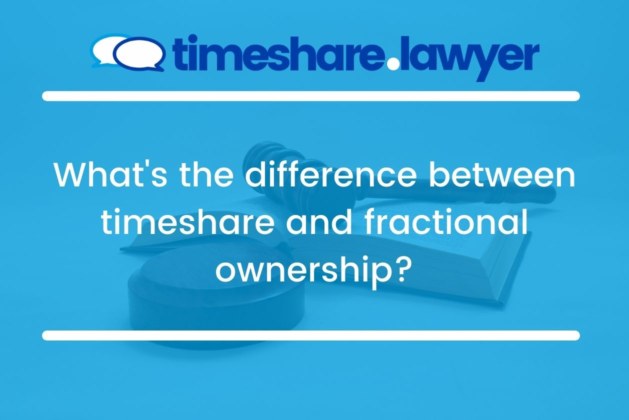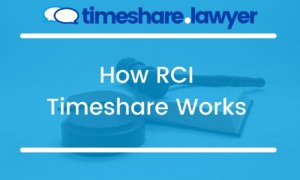Many people view fractional ownership as a type of timeshare. In short, however, it is very different.
Fractional ownership is more like what we see regularly these days in ‘property crowdfunding’, a successful industry wherein several people each own a proportion of a property and earn money proportional to their stake in the investment. A fractional ownership, therefore, is the closest you’re likely to get to an ‘investment’ in the timeshare world. The difference from property crowdfunding is, however, that fractional ownership allows investors to stay in the property themselves for a proportion of time. That being said, like any investment, you can lose money as often as you can increase it. The key is knowing when to sell. If the investment plummets in value, you can write off the capital loss, or sell when you believe the value to have reached its height and reap capital gains.
With a fractional ownership you are responsible for paying taxes, insurance fees, and so on, proportional to the % of the property that you’ve placed a stake in.
If you are considering fractional ownership, it is worth checking whether the seller is a member of The Fractional and Shared Ownership Trade Association (FSOTA). Reputable sellers will be completely transparent throughout the sales process and, like any property transaction, always recommend the buyer uses a legal representative prior to purchase. If it seems fishy, it probably is. Only invest where you feel entirely confident.
Timeshare is a completely different product. Unlike fractional ownership, your responsibility towards the property begins and ends with your maintenance fees. You are not connected to the property title. No taxes and no insurance are necessary. You take your annual holidays, pay the maintenance fees, and keep going until your contract expires or you deem it time to exit (which is not always straightforward ).
Statistically, it is more usually middle-income families or couples looking for a holiday home that purchase a timeshare contract. Fractional ownerships tend to be sought by higher earners who are seeking a property investment without the full responsibility of the property, but still getting to use it for their own holidays.
Timeshare and fractional ownership have just one thing in common: there is a vast range of options out there, all of which should be researched fully before committing to a purchase. Getting good legal advice is all part of that, and Timeshare.Lawyer can help you in both instances.
If you have queries about timeshare or fractional ownership, do get in touch for some impartial advice. As always, we are happy to help in whatever way we can to set you straight and help you make the best decision for you.



